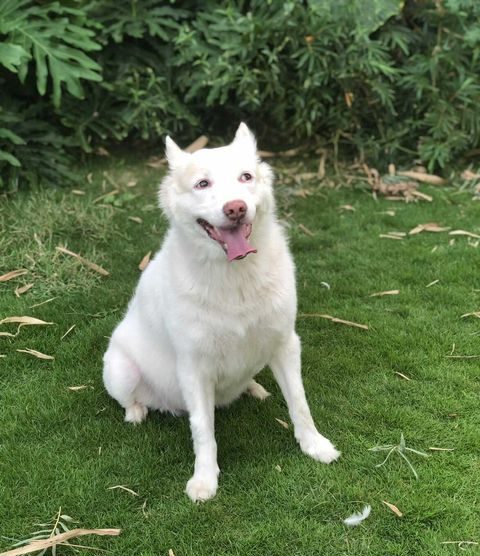Bringing a new member such as a dog into your life can be a significant, life-changing decision. Before you head over to the pet store, you need to ensure that you are ready for a dog. One must also keep in mind the importance of costs that come with dog ownership. Finally, if you have decided that the time is correct and that you are willing to invest both emotionally and financially in the well being of your potential new family member – congratulations! Now, it’s time to find the perfect dog for you and your family or yourself if you live alone.
There is no single factor that determines which breed (mixed breed or purebred) you should get. Several aspects are to be analysed, such as your lifestyle and what adjustments you are willing to make for your dog. If you stay with your family, it is essential to consider the needs of other members, such as kids, grandparents, etc., since they will be sharing space with your new pet. Moreover, some people may be allergic to dog fur. In these cases, low shedding dogs or hypoallergenic dogs can be considered.
Next, let us look at preferred size, age and energy levels. Remember that a responsible dog owner is committed to the well being of their pet. So, it is crucial to run through all these factors before making a solid decision about the breed of dog that you will be bringing home.
- Size
Some people are fixated on a little dog, such as a Pomeranian that you can carry around in their bags, while others lean towards a giant, big one. If you are feeling indecisive, it is best to opt for a medium-sized dog. The reason being – small dogs, tend to be very delicate owing to their tiny size. In some cases, they can be stepped on or mishandled, leading to severe injuries. It is also essential to keep them warm at all times as they are more sensitive to colder weather conditions. As you may know, all dogs, regardless of size, need to be obedience trained. Small dogs have a reputation for being a little tough to train. Small dogs are cute, but you must be prepared for the possibilities.
Moving over to larger dogs such as Great Danes, unlike smaller dogs that can cause injury to themselves, the giant ones may bring damage to household items. It is important to note that the larger the dog, the larger the expenses on food, medical treatment, etc.
- Activity level
You are never going to find a dog that needs to exercise. However, the breed can sometimes determine the energy levels of dogs. If you are more of the jogger kind, an agile breed such as Border Collie may be perfect for you. However, if you are willing to walk your dog just 1-2 times a day, Basset Hound may be a better fit.
- Physical maintenance
All dogs require basic grooming. However, some breeds, such as short-haired smooth coated ones such as Poodles, may need extra effort as opposed to a Boxer. If you are looking for at home, convenient grooming services for your pooch regardless of breed, click here!
- Age
Puppies: Needless to say, puppies require great attention and care, especially during the first six months. Be prepared for a lot of chewing and housebreaking. Keep in mind that your puppy will grow into a well-behaved boy or girl with proper training; however, this may take time.
Adult dogs: They can be an excellent choice if you need to have a clear idea about your dog’s energy level and personality. However, adult dogs too require training.
Senior dogs: Senior dogs deserve all the love and can be the perfect companion if you are looking for a low energy dog. However, it is essential to note that they also require more frequent vet visits and medical expenses due to their growing age. It would help if you also remembered that you might not have as many years with your senior dog as you may have with your puppy or adult dog. However, if you are willing to accept the responsibilities, senior dogs are one of the most precious additions.


